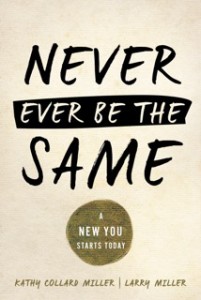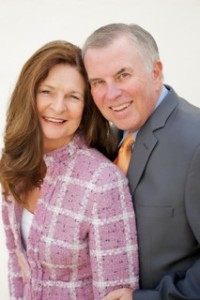 INSTEAD OF MAKING RESOLUTIONS this year by looking back at what’s past, let’s look to the future and the good that can come from everything we’ve learned. Instead of making resolutions to just be better, let’s shed the remnants of 2020 and 2021 and move ahead into new opportunities for growth, health, and relationships.
INSTEAD OF MAKING RESOLUTIONS this year by looking back at what’s past, let’s look to the future and the good that can come from everything we’ve learned. Instead of making resolutions to just be better, let’s shed the remnants of 2020 and 2021 and move ahead into new opportunities for growth, health, and relationships.
It’s time for a fresh start. What are your hopes for the coming year? What are your aspirations? What are your dreams?
While looking through the seven areas of your life listed below, please read the accompanying scripture and allow the Lord to speak to your heart about all He’d like you to do in 2022 in each specific area. Then think of the practical steps you can take to reach that goal. Instead of resolutions, let’s surrender our hearts to God and let Him give us new perspectives on the possibilities that lay ahead. With God’s help we can make 2022 our best year yet.
GOALS AND ASPIRATIONS FOR THE NEW YEAR
I. PERSONAL ASPIRATIONS
Practical Steps For Achieving:
“And my God will meet all your needs according to his glorious riches in Christ Jesus.” Phil. 4:19
II. MARRIAGE AND RELATIONSHIP GOALS
Practical Steps For Achieving:
“Submit to one another out of reverence for Christ.” Eph. 5:21
III. FAMILY ASPIRATIONS
Practical Steps for Achieving:
“Love is patient; love is kind. It does not envy; it does not boast; it is not proud. It is not rude; it is not self-seeking; it is not easily angered; it keeps no record of wrongs. Love does not delight in evil but rejoices with the truth. It always protects, always trusts, always hopes, always perseveres.” I Cor. 13:4-7
IV. CAREER OBJECTIVES
Practical Steps for Achieving:
“Commit to the Lord whatever you do, and your plans will succeed.” Prov. 16:3
V. ATTITUDE GOALS:
Practical Steps for Achieving:
“…be made new in the attitude of your minds, and to put on the new self, created to be like God in true righteousness and holiness.” Eph. 4:23-24
VI. GOALS OF SERVICE TO GOD AND OTHERS:
Practical Steps for Achieving:
“And do not forget to do good and to share with others, for with such sacrifices God is pleased.” Heb. 13:16
VII. SPIRITUAL ASPIRATIONS:
Practical Steps for Achieving:
“And we pray this in order that you may live a life worthy of the Lord and may please him in every way, bearing fruit in every good work, growing in the knowledge of God, being strengthened with all power according to His glorious might so that you may have great endurance and patience and joyfully giving thanks to the Father…” Col. 1:10-11
“Look, I am making everything new!” (Rev. 21:5 NLT).
If you are struggling to understand how to move ahead in 2022 because of problems in your marriage or family, I encourage you to check out my latest award-winning book, Fighting for Your Marriage while Separated.






